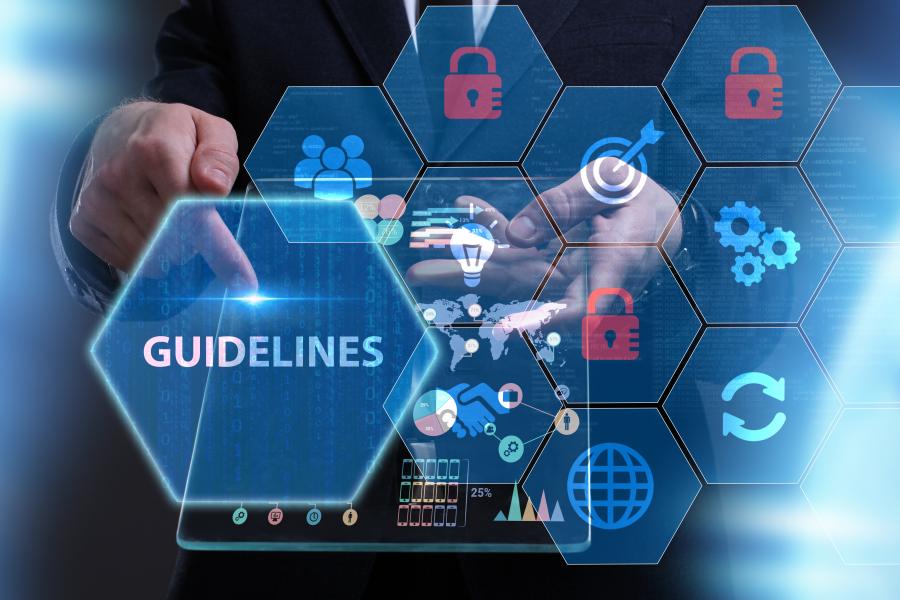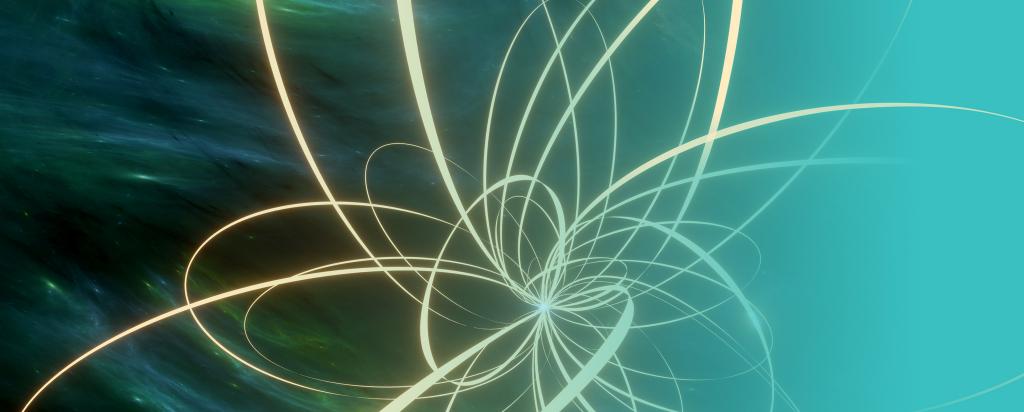

ANSTO User Meeting 2023 - Themes
Themes for Abstract Submissions
Abstracts covering the following themes are invited.
Manufacturing, Engineering & Industry
Talks and posters for this theme may relate (but are not restricted) to:
- Manufacturing processes
- Quality assurance (mechanical and material testing)
- Residual stress analysis
- Green and renewable technologies
- Nanotechnology
- Building and construction technology
- Defence and aerospace
Advanced Materials
Talks and posters for this theme may relate (but are not restricted) to:
- Materials for energy generation and storage including solar devices
- Electronics and sensors; porous materials (including zeolites and MOFs);
- 3D printed materials, advanced alloys and ceramics
Earth, Environment & Cultural Heritage
Talks and posters for this theme may relate (but are not restricted) to:
- Mining and resources including mineral formation, structure and processing
- Geochemistry and planetary science
- Volcanology
- Soil science
- Marine and natural waters science
- Atmospheric science
- Art provenance, cultural artefacts and archaeology
Biological Systems & Life Science
Talks and posters for this theme may relate (but are not restricted) to:
- Biomolecular crystallography
- Proteins, metaloproteins and enzymes
- Structure and function
- Engineered biomaterials and medical implants
- In vivo and in vitro bio-imaging
- Cellular imaging
Chemistry, Pharmaceuticals & Crystallography
Talks and posters for this theme may relate (but are not restricted) to:
- Crystallography of chemical and organometallic complexes
- In situ and in operando chemistry
- Pharmaceutical formulations
- Structure and speciation of metals related to drugs and disease
- Catalysis
- Electrochemistry
- Photochemistry
- Molecular machines and electronics
- Inorganic complexes
Food Science & Soft Matter
Talks and posters for this theme may relate (but are not restricted) to:
- Food and nutrition
- Polymers
- Surfactants, micelles and colloids
Solid-State Physics
Talks and posters for this theme may relate (but are not restricted) to:
- Surfaces and condensed matter
- Photometry and reflectometry
- Magnetism and magnetic materials
Instruments & Techniques
Talks and posters for this theme may relate (but are not restricted) to:
- ACNS and Australian Synchrotron beamline developments
- BRIGHT updates
- New techniques and capability offerings
Deuteration for Neutrons and More
Talks and posters for this theme may relate (but are not restricted) to:
- Deuterium labelling enabling impactful science across multiple research sectors such as pharma, health, biotech, food science, energy
- Application of deuterated and multiple-labelled materials (e.g. lipids, proteins, detergents) as characterisation tools and beyond
- Use of deuterated materials with neutron, NMR, mass spectrometry and other techniques
- Deuteration for improved or enhanced material properties and functionality
- Developments in biological and chemical deuteration

Abstract Submission
Both oral and poster abstract submissions are invited
Click here to Submit AbstractAbstract Submission Guidelines:
- All abstracts must be submitted via the electronic submission process (indico) - email submissions will not be accepted
- An automated 'submission successful' email will be sent to all primary authors and co-authors once the abstract is submitted in indico
- Abstracts must not exceed 250 words
- Do not include images in the abstract
- Individuals may submit more than one abstract
- Avoid the use of abbreviations and acronyms
- All accepted oral and poster presentations will be required to register to attend
- All presenters will be required to provide their photo and bio via the link provided in the accepted notice
- Abstracts must be submitted by 11:59pm (AEST), 21 August 2023 for consideration by the Program Committee
